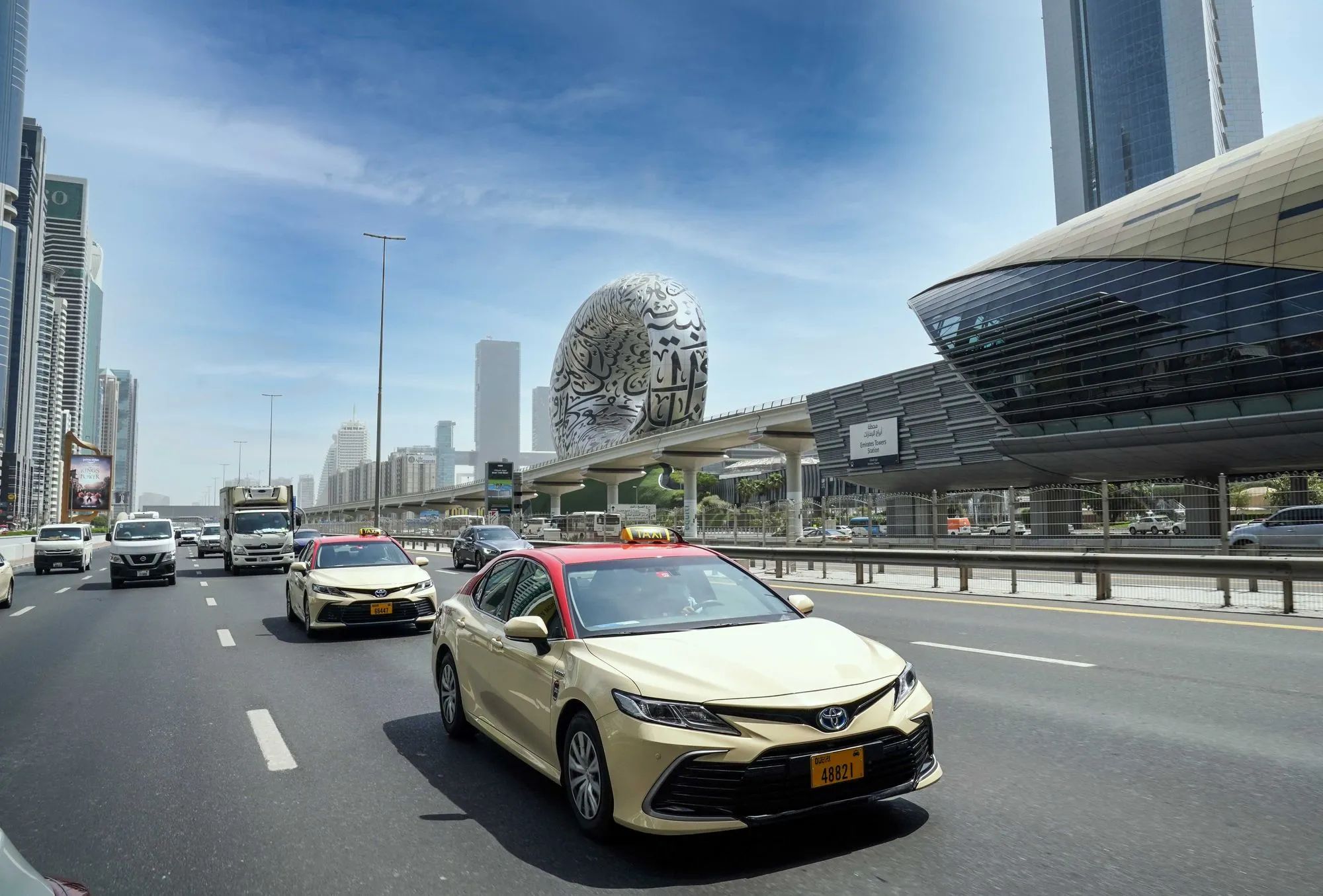H1 revealed an original design concept for the portals and pods that would take passengers from Dubai to Abu Dhabi in H1’s autonomous transportation system.
Hyperloop One will work with McKinsey and architecture and engineering firm BIG to evaluate the concept of a build out for a passenger system in the UAE.
The company announced in October it had received US$50 million in funding from DP World Group of Dubai, the third-largest ports operator in the world, to build a hyperloop system to move cargo throughout the country and the world.
Hyperloop One to carry out feasibility study in Dubai
Hyperloop One (H1) is partnering with the Dubai Roads and Transport Authority (RTA) to evaluate the feasibility of building the first commercial hyperloop transportation system from Dubai to Abu Dhabi. The journey is 99 miles (159.4 km) long and normally takes about two hours by car but H1 promises it would take a mere 12 minutes in the hyperloop.
November 11, 2016
Read time: 1 min










